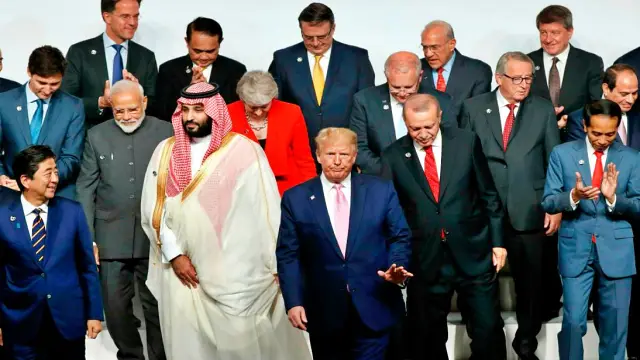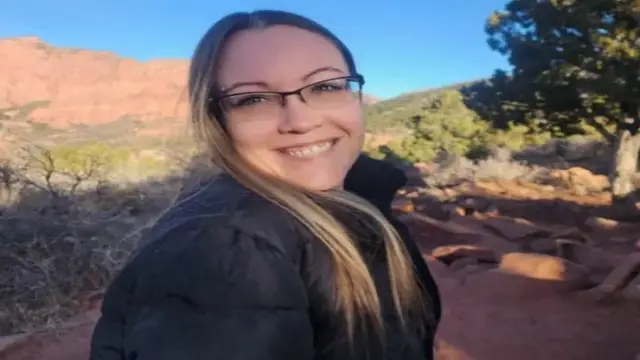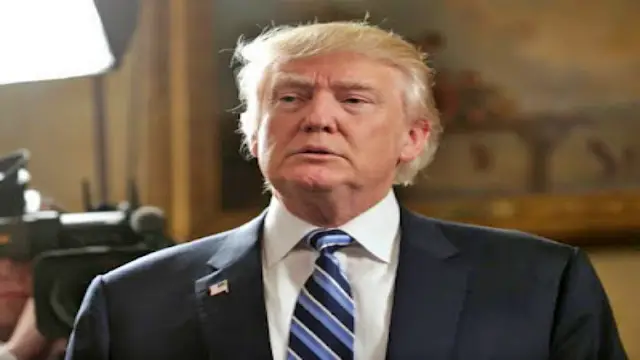TOKYO — United States military bases remain essential to Japan’s security, said Prime Minister Shinzo Abe in an interview, as he brushed off comments by Republican presidential candidate Donald Trump that Tokyo should be left to defend itself.
Japan’s alliance with Washington has been the bedrock of its defence since the end of World War II, and the
country still hosts 47,000 US troops.
“I cannot conceive of any situation within the foreseeable future when the US presence wouldn’t be necessary,” Mr Abe told The Wall Street Journal in an interview published on Tuesday.
Mr Abe has vowed to boost Japan’s military, but he sidestepped a question on whether Japan would play a bigger role in its own defence, saying Tokyo would strengthen its relationship with Washington. “By strengthening the Japan-US alliance, we’ll strengthen deterrence, and that will contribute to peace and stability in the region, not just Japan,” said Mr Abe in the interview, which was conducted in Tokyo.
Mr Abe also said he wanted to push through a huge trans-Pacific trade deal that has been attacked by both Democratic presidential candidates Bernie Sanders and Hillary Clinton.
“This is the birth of an economic zone that has 40 per cent of the world’s (gross domestic product), one that is protected by free and fair rules,” said Mr Abe, referring to the Trans-Pacific Partnership (TPP), a massive multi-nation deal of which Japan and the US are the key players.
“Through it, the US, Japan and the other countries participating in TPP will achieve great profit and gain chances for growth.”
Mr Abe’s comments came after Mr Trump said that US alliances with countries such as Japan and South Korea cost too much to maintain and that they should be responsible for their own defence — unless they bear more of the cost burden.
Mr Trump has also suggested that they could develop their own nuclear weapons, a stance particularly controversial in Japan, which is the only country in the world to be attacked with atomic bombs.
Asked at a press conference last week about comments by Mr Trump, Mr Abe said that the alliance with the US remains strong and will not change after the US presidential election in November, comments he reiterated in the interview.
Japan, which is constitutionally barred from waging offensive war, last year passed new laws that could, under certain circumstances, see its troops fight abroad for the first time since the end of World War II.
Mr Abe said the legislation is necessary because of perceived threats from an increasingly assertive China and an unstable North Korea.
Washington has backed the changes, but regional rivals China and South Korea have expressed concern at any expansion of Japan’s military.
With an increasingly assertive China in mind, Mr Abe said the summit of the Group of Seven industrialised nations he will host in central Japan in late May “would be a forum to show leadership against actions displaying ‘naked nationalism’”.
Mr Abe also warned against “arbitrary intervention” in currency markets, a comment that eased wariness about the possibility of intervention by Japanese authorities and thus sent the yen to a 17-month high in the upper ¥109 range in New York at one point. Huge volatility on equity markets, driven by worries about the slowdown in global growth, have sent traders scurrying for the Japanese unit, which is considered a safe bet in times of turmoil.
“Whatever the circumstances, we must definitely avoid competitive devaluation, and I think we should refrain from arbitrary intervention in currency markets,” said Mr Abe, in response to questions about the yen’s recent advance. AGENCIES





















